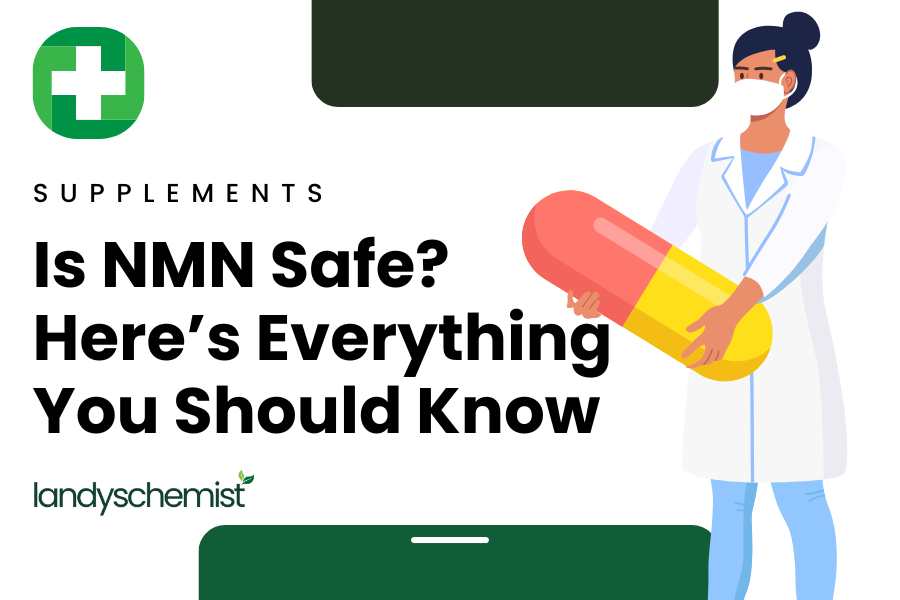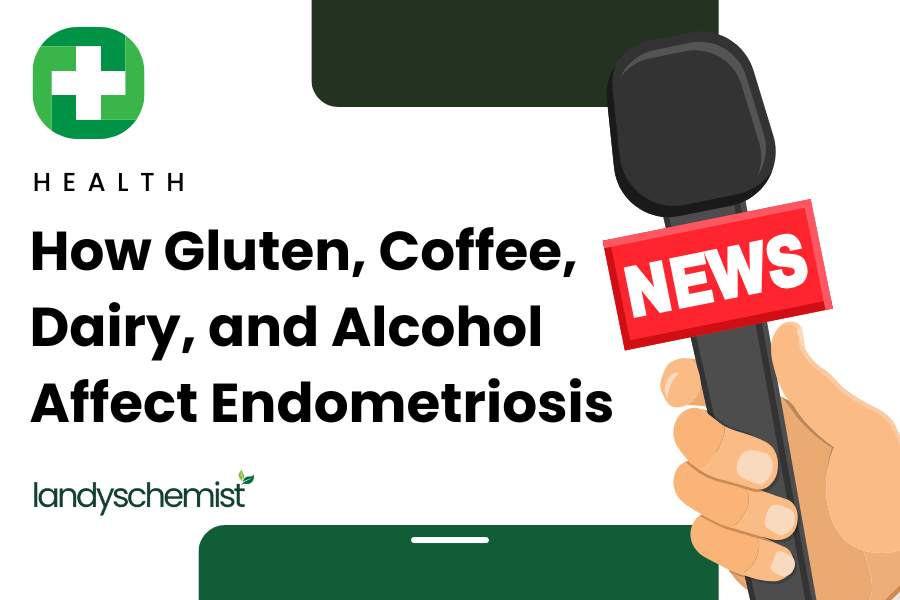
How Gluten, Coffee, Dairy, and Alcohol Impact Endometriosis Pain
Endometriosis is a condition affecting 1 in 10 women, characterised by the growth of tissue similar to the lining of the uterus in other areas of the body. This causes severe pelvic pain, often worsened during menstruation, and can affect a woman’s daily life. However, a recent study led by Edinburgh University offers new hope, suggesting that dietary changes can significantly reduce the pain associated with endometriosis.

The study, which surveyed 2,599 women across 51 countries, is the largest international survey ever conducted on the connection between diet and endometriosis. The results showed that cutting out certain foods, such as gluten, dairy, caffeine, and alcohol, helped many women experience a reduction in pain. Here’s how each of these dietary changes may help:
Gluten and Dairy
Around 45% of women who eliminated gluten and dairy reported a reduction in pain. Researchers believe these dietary changes could influence the gut microbiome, the bacteria in the gut that play a role in inflammation. Since inflammation is a major contributor to endometriosis pain, removing these foods might reduce gut inflammation, leading to less pain and discomfort.
Additionally, dairy products can sometimes trigger inflammation in sensitive individuals, potentially exacerbating symptoms. Gluten, on the other hand, has been linked to increased gut permeability, which could allow inflammatory markers to travel through the bloodstream and worsen endometriosis-related pain.
Caffeine
In the study, 43% of women who reduced their caffeine intake found that their pain lessened. Caffeine is known to interfere with sleep quality, and pain from endometriosis often feels worse when a woman is fatigued. By cutting back on coffee and other sources of caffeine, women may experience better sleep, which in turn could reduce the intensity of pain. Additionally, caffeine is a stimulant that can worsen symptoms of anxiety, which is common among those with chronic pain conditions such as endometriosis, further influencing the overall pain experience.
Alcohol
Alcohol consumption was another factor found to worsen endometriosis pain. 53% of women who reduced their alcohol intake reported feeling less pain. Alcohol has a similar effect on cells to estrogen, the hormone that drives the growth of endometriosis tissue. Since alcohol increases estrogen levels, reducing alcohol consumption could lower estrogen-related inflammation and help manage endometriosis symptoms.
Other Dietary Changes for Pain Relief
The study found that avoiding processed foods like ready meals, ice cream, and sweets helped reduce pain for 40% of participants. These foods are high in refined sugars and unhealthy fats, which can contribute to inflammation. Additionally, garlic and onions worsened symptoms for some women by increasing bloating, leading to "endo belly", which exacerbates discomfort.
Why These Changes May Help
Dietary changes can help reduce inflammation and regulate hormonal imbalances, both of which are key factors in endometriosis pain. Reducing chronic inflammation through diet can ease symptoms, while balancing estrogen levels and improving gut health may also alleviate pain.
In addition, certain supplements can aid in reducing inflammation:
- Omega-3 Fatty Acids: Known for their anti-inflammatory properties, omega-3s can help reduce inflammation linked to endometriosis.
- Curcumin: The active compound in turmeric, curcumin, has been shown to significantly reduce inflammation and pain.
- Ginger: With proven anti-inflammatory effects, ginger may help relieve endometriosis-related pain and inflammation.
These supplements, along with dietary changes, may offer relief for those managing endometriosis symptoms.
Conclusion
This study suggests that dietary changes, such as reducing gluten, dairy, caffeine, and alcohol, could help manage endometriosis pain. While these foods may not cause the condition, eliminating them may reduce symptoms. Although further research is needed, this study highlights the potential of diet in reducing inflammation, balancing hormones, and improving the quality of life for women with endometriosis.
Girish Desai, Pharmacist at Landys Chemist says, “These findings align with what we know about inflammation and hormonal imbalances in endometriosis. Reducing gluten, dairy, caffeine, and alcohol can help lower inflammation. “
Sources
- https://www.nhs.uk/conditions/endometriosis
- https://www.research.ed.ac.uk/en/publications/dietary-modification-and-supplement-use-for-endometriosis-pain
- https://www.endometriosis-uk.org/endometriosis-facts-and-figures
- https://pmc.ncbi.nlm.nih.gov/articles/PMC7826862/
- https://pmc.ncbi.nlm.nih.gov/articles/PMC10096482/
- https://pmc.ncbi.nlm.nih.gov/articles/PMC7203274/
- https://pmc.ncbi.nlm.nih.gov/articles/PMC6761902/
This article is for informational purposes only and is not a substitute for medical advice. Consult your doctor or healthcare provider before starting any supplements, treatments, or remedies. Ensure a varied and balanced diet and a healthy lifestyle before considering supplements. Supplements should not replace a balanced diet.




